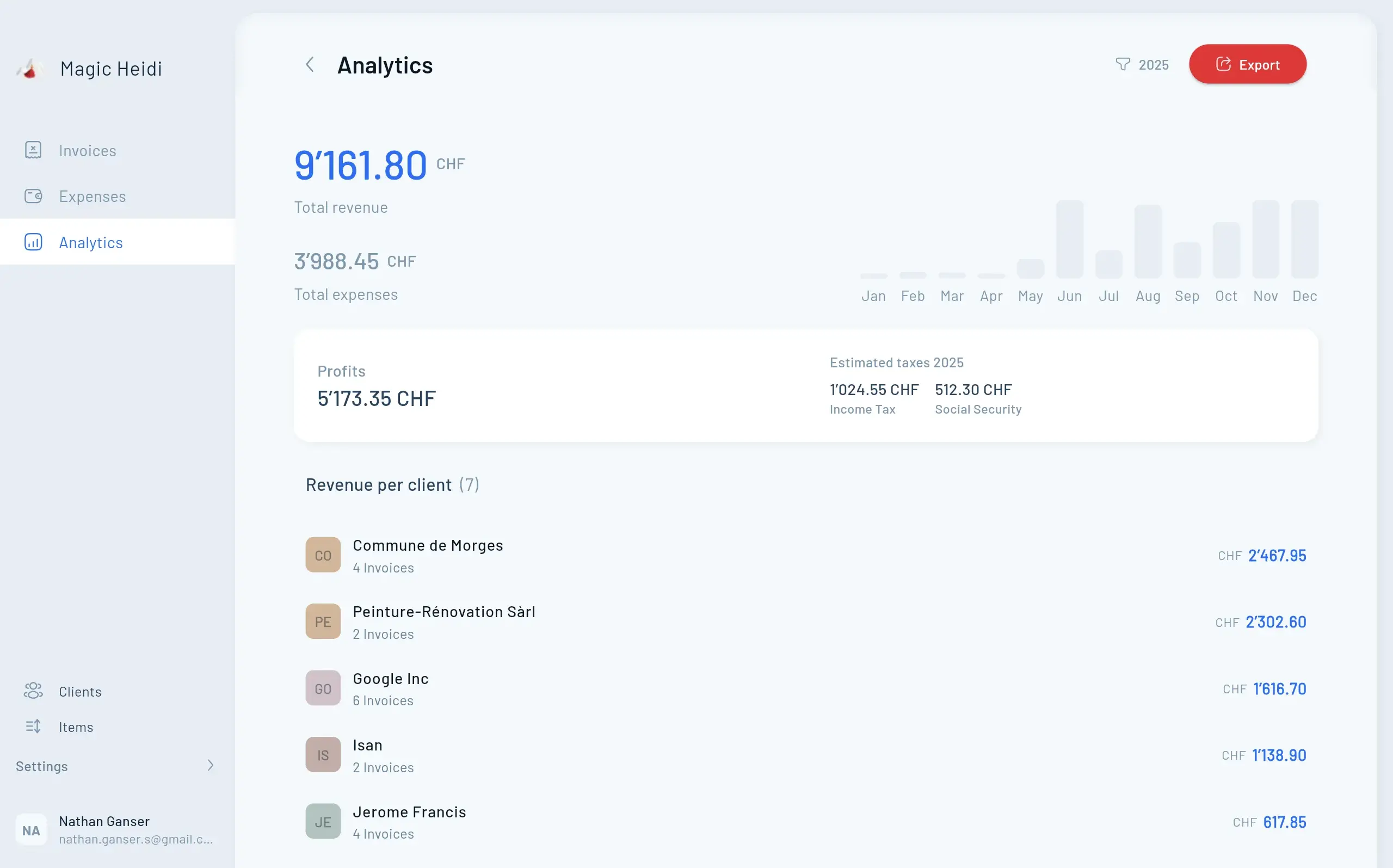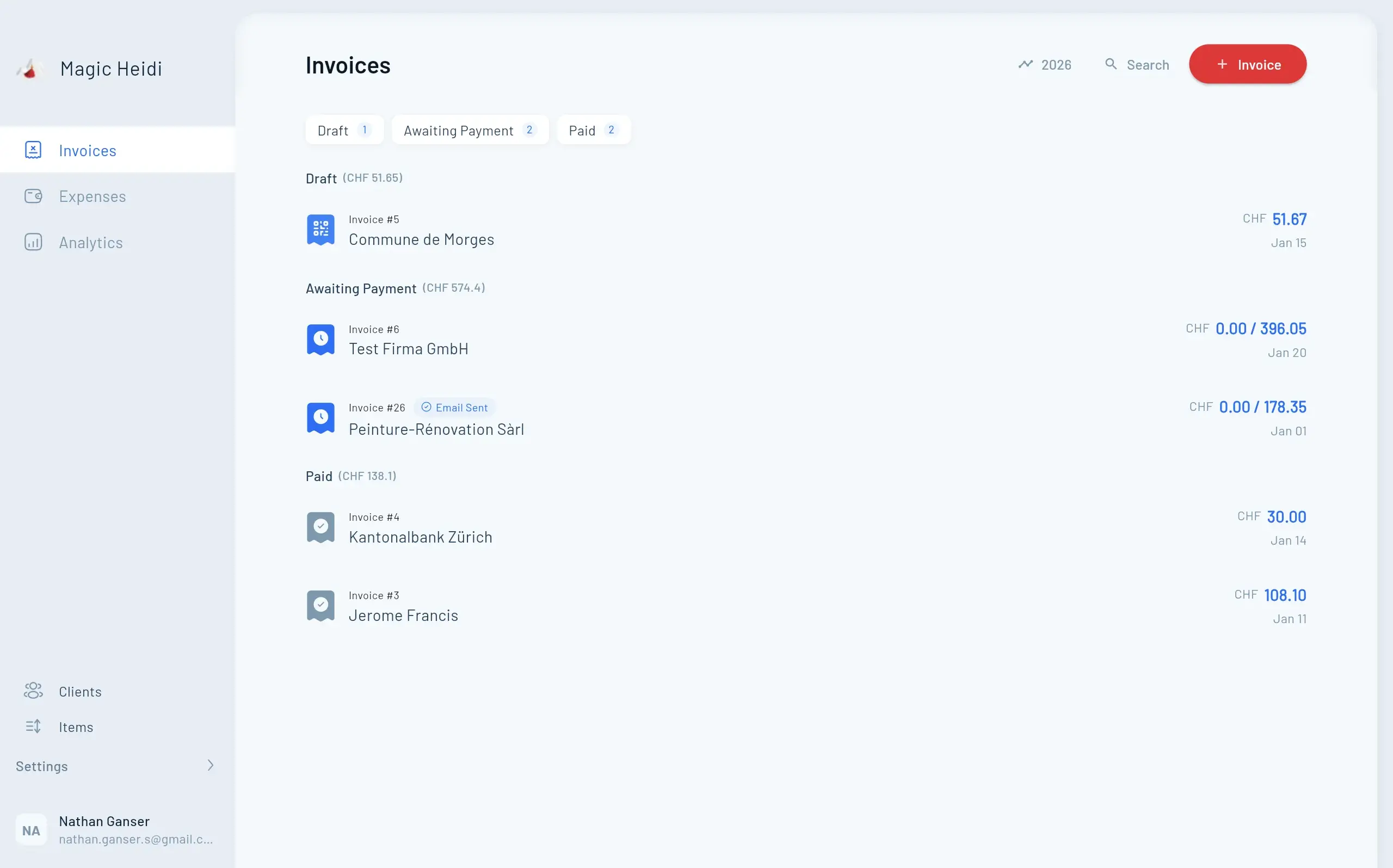You must register for VAT if your annual worldwide turnover from taxable supplies exceeds CHF 100,000.
Here's the catch many freelancers miss: "worldwide turnover" means all your revenue, not just Swiss clients. If you earn CHF 70,000 from EU clients and CHF 40,000 from Swiss clients, you've crossed the threshold.
Once you're certain your revenue will exceed CHF 100,000 in a 12-month period, you have 30 days to register. Missing this deadline can result in fines up to CHF 10,000, plus you'll owe backdated VAT and 4% interest.
Even if you're earning less than CHF 100,000, you can choose to register voluntarily. This makes sense in several situations:
When voluntary registration helps:
- You have significant business expenses with VAT (office equipment, software subscriptions, coworking space)
- You work mainly with other VAT-registered businesses who can reclaim it anyway
- You want to appear more established to enterprise clients
- You're close to the threshold and want to smooth the transition
When to wait:
- Most of your clients are consumers who care about final price
- You have minimal business expenses
- You're focused on keeping administration simple
- Your revenue is nowhere near CHF 100,000
Critical commitment: If you register voluntarily, you're locked in for at least three years. Make sure the benefits justify the paperwork.
Here's where many freelancers stumble: You must register within 30 days of becoming VAT liable, not when you feel like it.
The clock starts when you're reasonably certain your 12-month rolling revenue will exceed CHF 100,000. This means if you land a big contract in March that pushes your projected annual revenue over the threshold, you need to register by early April.
The Federal Tax Administration doesn't take this lightly:
- Fines up to CHF 10,000 depending on circumstances
- Backdated VAT liability (you owe VAT from when you should have registered)
- 4% interest on unpaid amounts
- Potential audit of your records
Pro tip: Start the registration process when you hit CHF 80,000. It takes about four weeks to process, and you don't want to be scrambling at CHF 99,000.



